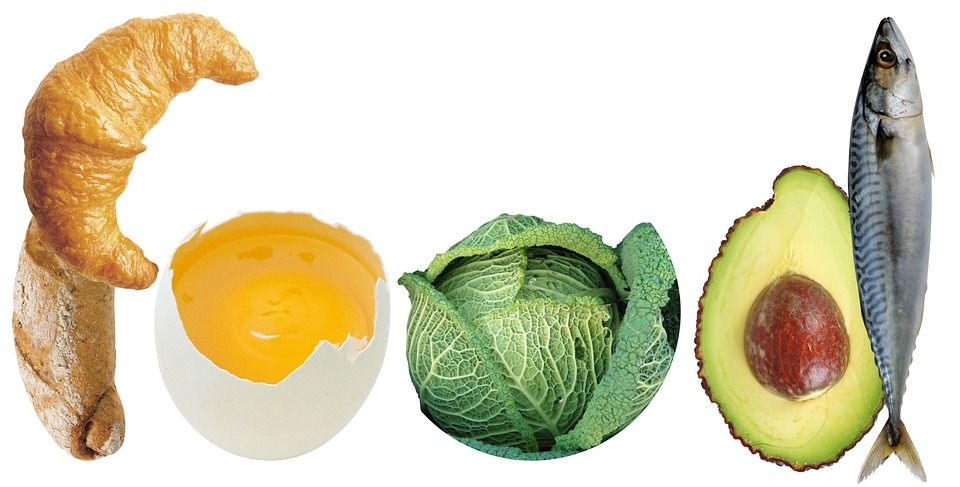Researchers from the University of Copenhagen (KU) have devised a simple blood test that can reveal which diet will be most conducive to weight loss on an individual basis.
Testing for blood sugar levels can help doctors offer better and more targeted advice to patients needing to lose weight and sustain that weight loss.
“Many people who try to lose weight eat based on one type of diet, so they actually risk gaining weight,” said Arne Astrup, the head of the Department of Nutrition, Exercise and Sports at KU.
“We can now usher those people into a strategy that we know can help them lose weight. For many people, the correct use of these blood tests can lead to a weight loss that is six to seven times greater than if they were to eat after the wrong diet type.”
READ MORE: Novo Nordisk Foundation ready to centralise diabetes treatment in Denmark
Tailor-made strategy
As part of the research, six large dietary projects, in which subjects followed widely different healthy diet types, were analysed. They then discovered that the level of blood sugar was imperative regarding which diet type leads to weight loss.
For instance, for people with high blood-sugar levels, who have typically already developed type-2 diabetes, a diet with lots of plant-based fats – such as olive oil, nuts and avocados – can be beneficial in attaining or sustaining weight loss.
“For most people with relatively high blood sugar levels, a fibre-rich diet – without calorie limitations – would be effective in terms of weight loss,” said Mads Fiil Hjorth, an assistant professor at the Department of Nutrition, Exercise and Sports at KU, who is the author of the research findings.
“If you then regulate the carbohydrate content and fats based on insulin levels in the blood, the weight is further optimised and the risk of developing diabetes decreases.”
READ MORE: Copenhagen Municipality to fight diabetes in capital region
More effective
The research – which was completed in co-operation with researchers from the University of Colorado, Tufts University and the Spanish Biomedical Research Centre in Physiopathology of Obesity and Nutrition – was recently presented at the American Diabetes Association’s annual conference in San Diego.
Astrup believes the blood test is a big step forward in targeting the diet to individual needs – particularly in terms of preventing or delaying the development of type-2 diabetes.
“Counselling based on a blood test will most likely be more effective that the ‘one size fits all’ approach that tends to dominate dietary and nutritional advice today,” said Astrup.















